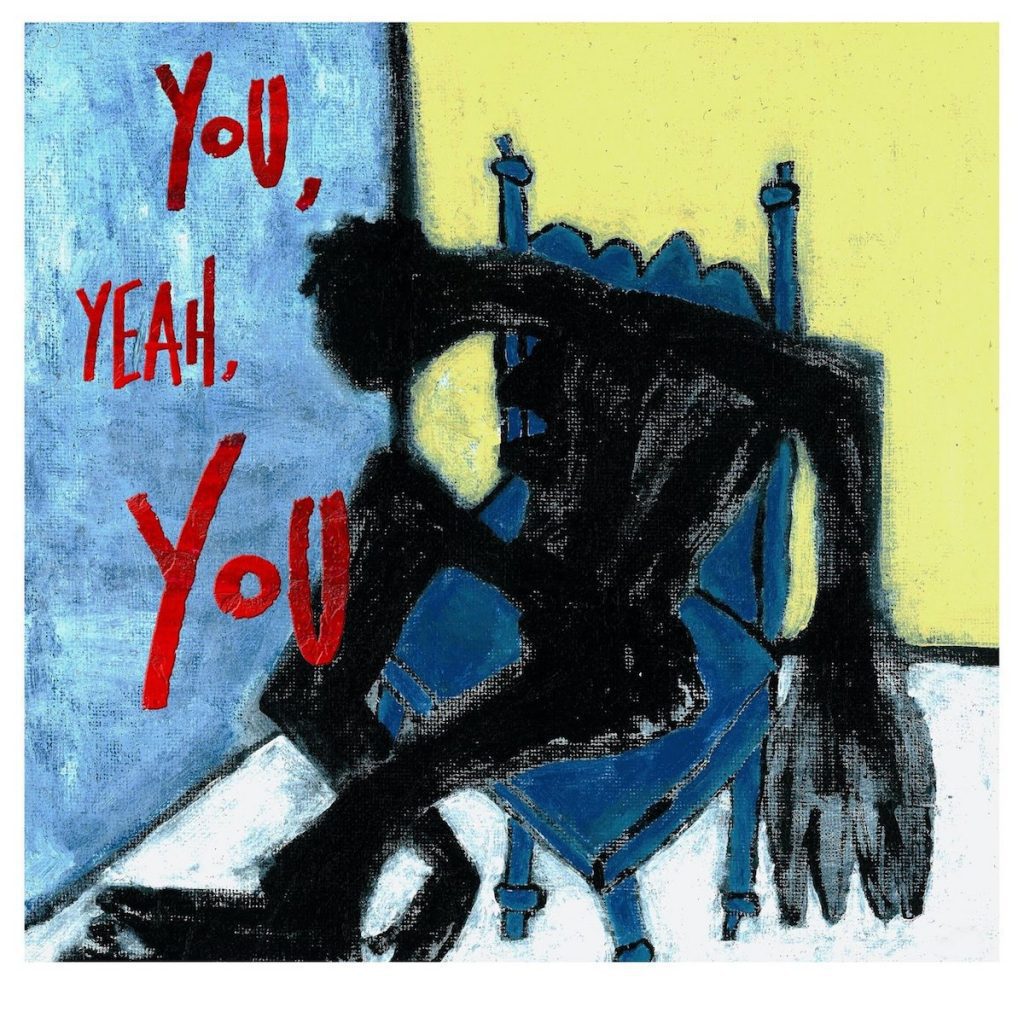Tré Burt Gets Personal, Political, Poetic on ‘You, Yeah, You’

Tré Burt released his first LP, Caught It From the Rye, in January 2020. Inspired by Oh Boy labelmate and hero John Prine, it established Burt as a singer-songwriter with a bright future ahead of him.
With You, Yeah, You, that future starts now. Over the course of 12 songs on his second LP, Burt not only avoids the sophomore slump, he offers up a masterclass in storytelling-based songwriting.
Burt’s lyrics take on the personal and political. He brings them to life with evocative imagery and little details that suck you in and offer a clear portrait of each song’s subject matter and tone.
The devastating “By the Jasmine” is the finest example of this type of narrative prowess. It’s a tale we’ve seen and heard about far too often: an innocent Black bystander subjected to unwarranted police harassment due to the racial stereotyping of a person commonly derided online as “a Karen.” The main character in the track is Dante, “a Black boy walkin’ with moonlight in his eyes.” On his journey, he crosses paths with his across-the-street neighbor Karen Johnson, who “was out jogging with her neon vest and a chocolate lab named Sam.” Clocking her run on her Fitbit or Apple Watch, “just a white girl with the law on her side”:
She saw Dante standin’
but to her he looked like a big black gun
she reached for her phone
dialed 911
And in a matter of minutes
Dante was gone.
Burt presents this tragedy, based on a real-life incident when police stopped him in his own neighborhood, with stark clarity that underscores racial inequities and the existential psychic toll it takes on a person of color.
The social critique extends beyond race in America; Burt cuts to the essence of the American mythos itself. “Carnival Mirror” serves as a repudiation of the hypocrisies of the current sociopolitical dynamic, instead advocating for a kinder, more just society.
Toward the conclusion of You, Yeah, You, Burt takes a moment to step away from the tumult of existence to pay tribute to one of his idols. “Dixie Red” is a tribute to the late Prine and it’s as elegant and thoughtful a piece as his sociopolitical tracks. Referencing Prine’s song “Paradise” and his Green River resting place, Burt sings that Prine’s legacy “shines like gold and it can’t be sold.”
It makes for a sincere tribute to one of America’s greatest songwriters from one of its most promising young talents.



